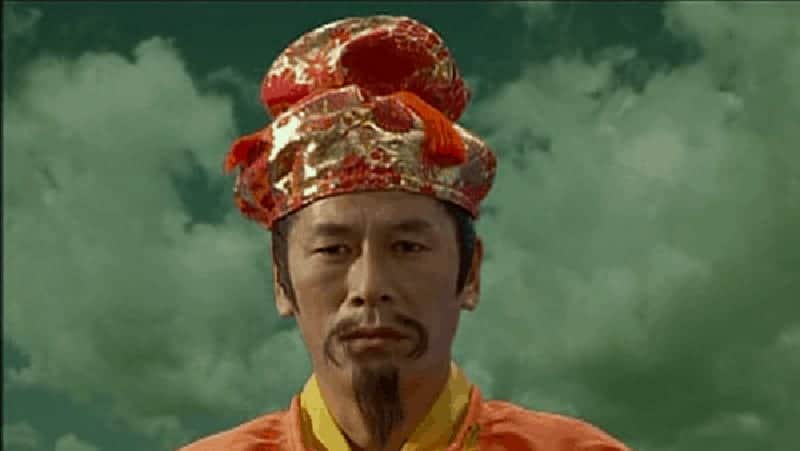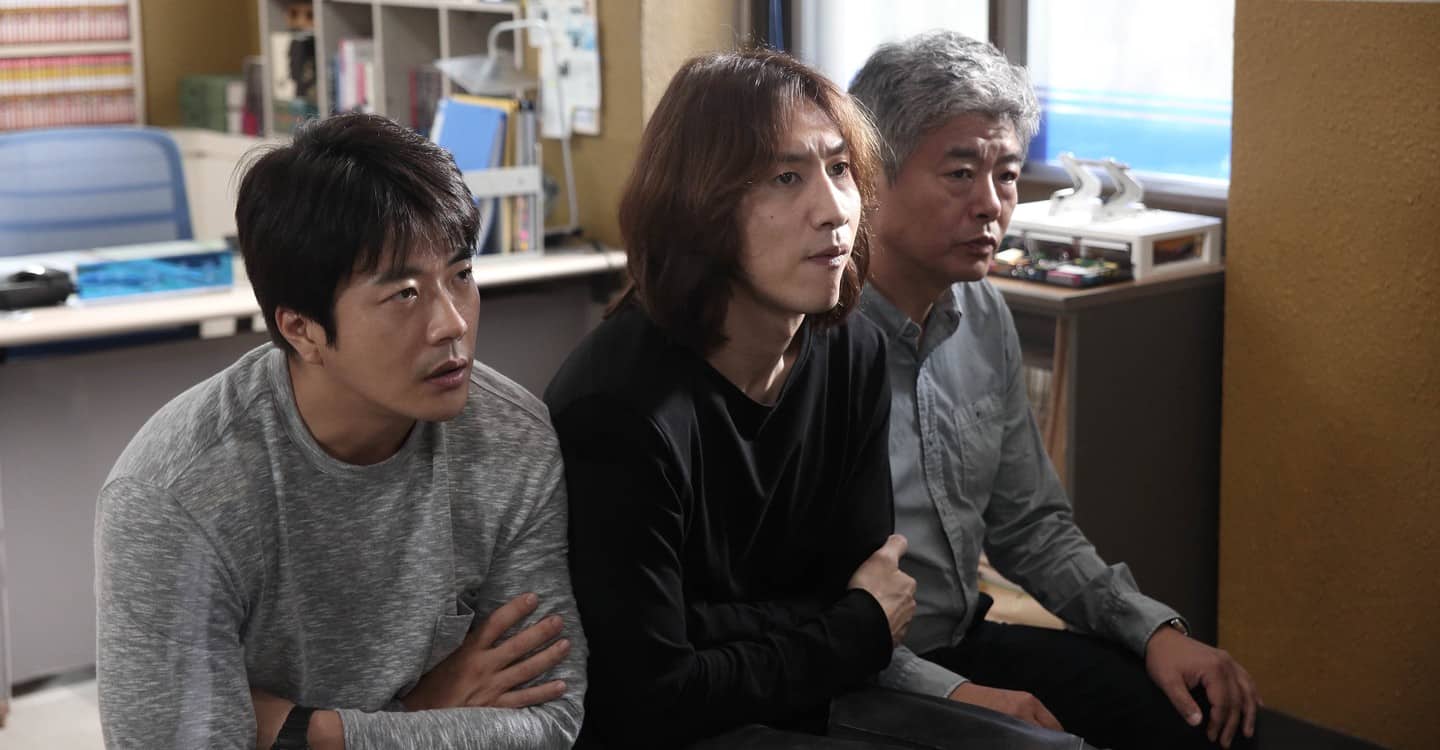Adapting “The Importance of Being Earnest” in a Malaysian setting is not exactly the easiest thing to do, but Al Jafree Md Yusop's effort also stumbled upon a number of issues, including financial ones and the pandemic, which in the end resulted in the film forgoing theatrical release, instead streaming on MUBI, in a practice that seems to gain more and more traction as time passes. Let us see what it is all about however.
“Mencari Rahmat” is streaming on MUBI Malaysia
The story revolves around two men, Razak and Azman. The first one is an adopted orphan who inherited the fortune of his adoptive parents along with the obligation to take care of his his 19-year-old adopted niece, Ratna. Razak has managed to become a successful businessman, but the pressure he felt both in his line of work and regarding Ratna, has led him to invent a problematic younger brother, the titular Rahmat, whom he uses as an excuse to flee towards Kuala Lumpur and have some fun. While there, he meets his local “equivalent”, Azman, who has created, in similar fashion, the chronically ill Bunyamin, in order to escape the pressure his aunt Datin Azizah, constantly puts on him regarding their social obligations. The two of them strike a peculiar friendship, and eventually Razak ends up falling in love with Rose, Datin Azizah's daughter. At the same time, however, Azman has fallen in love with Ratna. Eventually, and as the two want to pursue their love interests, their lies start to unravel, leading to a series of misunderstandings, along with the revealing of a number of secrets.
Al Jafree Md Yusop directs a movie that is rather theatrical in its presentation, as it unfolds in lengthy scenes in single locations, and through a dialogue-heavy approach. At the same time, however, and although the story follows the original as closely as possible the change of setting permitted, he manages to make a number of comments that are distinctly local but also have a wider appeal. The pressure social status and particularly strict societies place on people is one of the most central ones, with the behavior of the protagonists emerging as a reaction, something that allows the viewer to sympathize with them, despite their rascal-like ways. The one-on-one Razak has with Datin Azizah regarding his proposal to Rose also shows the values (local) society considers as important, with the questions ranging from parenthood, financial situation and religion, to shockingly, the attitude towards the government. The whole scene highlights the pragmatism of the era, particularly regarding the higher echelons of society, a place where love has very little space to exist. The concept of the names, and the way the girls' wishes add even more problems, could be perceived as a comment about identity, but essentially, is more of a narrative trick. Lastly, the differences between the “urban” and the “rural” are also highlighted in the meeting of the two young women.
And talking about meetings, this is where the movie truly thrives, in the many one-on-ones that take place between the various protagonists. The plethora of ones between Razak and Azman are all quite entertaining, also highlighting the excellent acting by Namron and Amerul Affendi respectively, with the anger of the one and the reactionary laughter of the other being among the most memorable aspects of the film. At the same time, the aforementioned between Razak and Datin Azizah also showcases the performance of Adibah Noor in the latter role, while the one between Rose and Ratna, one of the most hilarious ones here, the prowess of Nadia Aqilah and Sharifah Amani. In general, it is easy to say the film benefits the most by the acting, something that becomes even more significant considering how dialogue-heavy the narrative is.
On the other hand, a number of peripheral characters, the rather polished and bright cinematography of Madnor Kassim, and the plot twist in the end, point rather intently towards a TV soap opera, despite the fact that the last aspect follows the original story. The same applies to some instances that the acting gets a bit overboard, although these are not that many.
These however, are essentially minor faults, and the overall sense “Mencari Rahmat” leaves is of a movie that is quite entertaining, intelligent, and rich in context, that will find particular appeal among viewers who enjoy stage-play aesthetics in their movies.

















